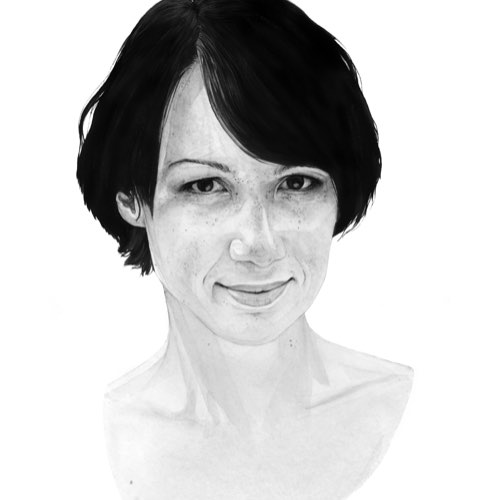The rise of disinformation, online abuse and extremism has shown the web isn’t the glowing network of knowledge, community and togetherness we once hoped it could be. Is there a way back?
The past 12 months have been a bumper year for the internet. Several billion people went online far more than they ever imagined. A US presidential election refocused the spotlight on disinformation, and how it might disrupt a democracy that was already shaken up by internet-fuelled alternative truths.
We’ve witnessed the rise of cults, the demise of advertising, and the erosion of our mental health. By this account, it’s not been a bumper year for humanity.
The pioneers of the internet never thought their invention would be at the centre of a global re-think. The internet project was famously funded by the US government, but its first use was to connect universities so they could share information.
At its heart, this is what the internet continues to be used for: it creates connections between people to share news, photos of cats and countless memes. Over the last few decades, we’ve seen it evolve from a functional space of academic collaboration, to a place where people could find one another, to a battleground for hearts and minds.
Computing historian Melvin Kranzberg once wrote, “Technology is neither good nor bad; nor is it neutral.” This, his first ‘law’, is particularly applicable to the history of the internet.
“Technical developments frequently have environmental, social and human consequences that go far beyond the immediate purposes of the technical devices,” he wrote in 1986. He believed that many of the issues we have with technology are unanticipated outcomes from implementing them on a massive scale.
They may produce benefits – creating rich connections, transforming economies, holding power to account, empowering the disenfranchised – but they can also expose the nasty stuff, like exploitation, cruelty and malicious manipulation.
We are at a turning point with the information architecture of our global world. After the year we’ve had, no one can claim technological ignorance. The COVID-19 pandemic forced us to embrace the tools and learn first-hand what the internet really is doing to us. With that knowledge, we have a choice. We can continue with a broken status quo, or we can change the future.
So, armed with enough knowledge, what do we have to do to take control and make the internet great again?
Eight experts reveal the web's biggest problems, and how to counteract them to build a better internet.
1
Reclaim our data
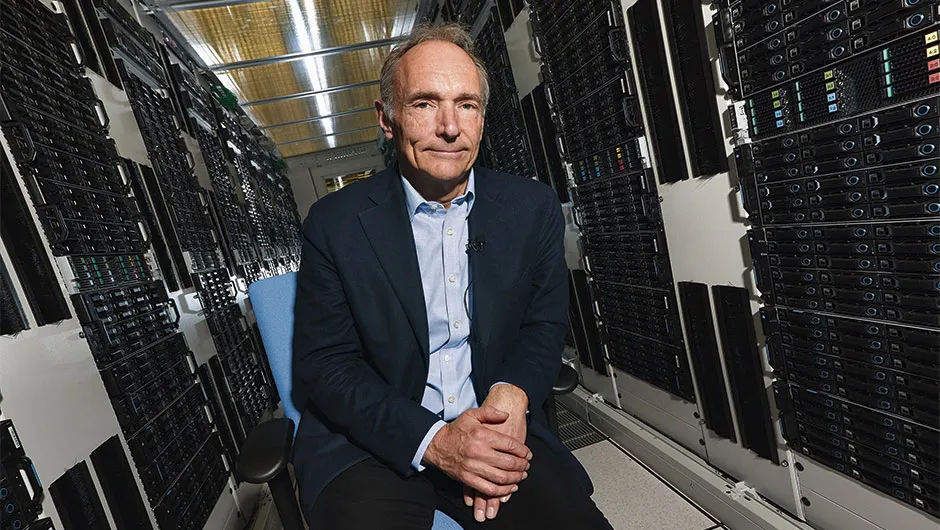
Computer scientist Sir Tim Berners-Lee is best known as the inventor of the World Wide Web. Now, he has a new idea called Solid: a version of the internet that puts privacy first.
Solid allows the user complete control of their data, and the platform is already trialling its system with the likes of the NHS, the BBC, NatWest and even the Belgian government.
2
Slay the social media trolls

Tracy Chou is a software engineer and diversity advocate. She has worked at Facebook, Pinterest and Quora, and now she has an idea to help the victims of harassment on social media.
She explains how the current system on social media requires the victim to deal with harassment themselves, and she tells us about how her creation, Block Party, could fix that.
3
Replace ads with subscriptions
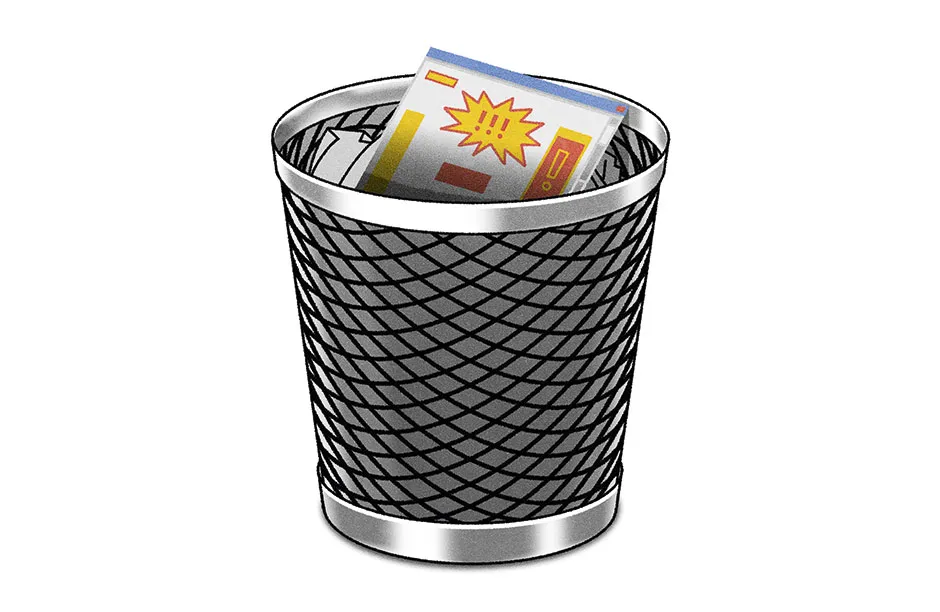
Tim Hwang is a writer and a researcher. He is the author of Subprime Attention Crisis, a book about the bubble of online advertising.
He explains why ads have taken over the internet – despite the limited evidence that they even work – and what an ad-free internet could look like.
4
Stop assuming digital is always bad for us
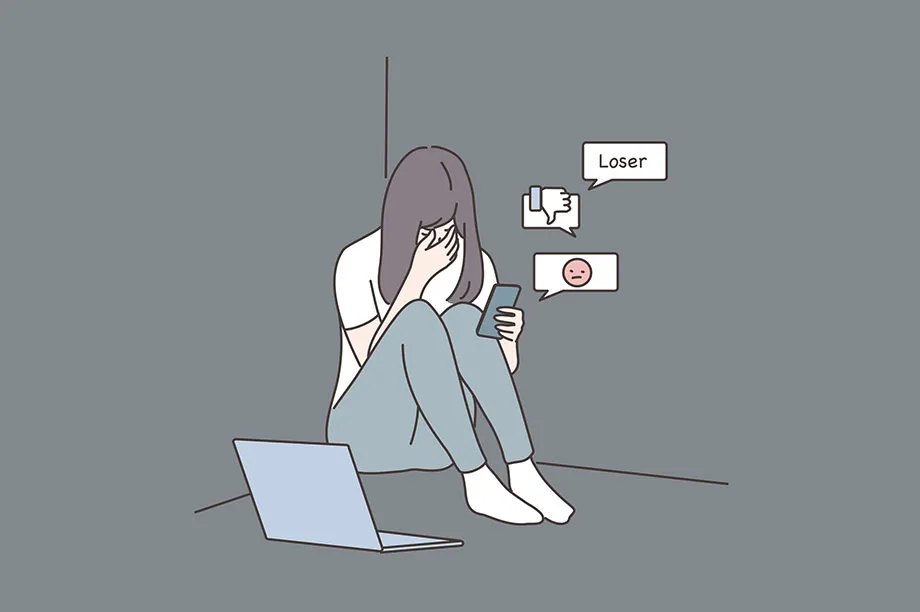
Prof Andrew Przybylski is an experimental psychologist at the Oxford Internet Institute. He studies how people interact with virtual environments.
He tells us that, while it's often said that social media is bad for our mental health, the evidence doesn't necessarily support that.
5
Rethink how we track down extremists

Prof Neil Johnson is a professor of physics at George Washington University in Washington, DC. In 2016, he and his colleagues published a paper in the journalSciencethat used complex models to map the global network of extremist groups online, leading to what they describe as the ‘gelation’ theory of extremism.
He tells us about his team's work to disrupt extremist networks online and why tech on its own will never be the answer.
6
Build tools that will smash echo chambers
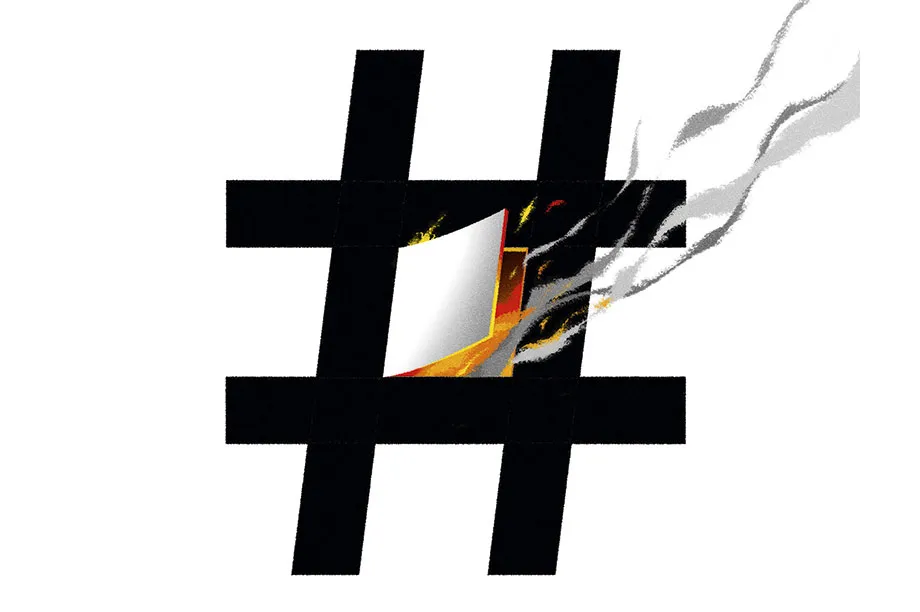
Dr Sander van der Linden is a professor of social psychology in society. He studies the psychology of social influence, risk, human judgment and decision-making.
He explains how social media sites make money from polarisation, and how we could use behavioural science to create a platform that doesn't drive people apart.
7
Educate people about misinformation
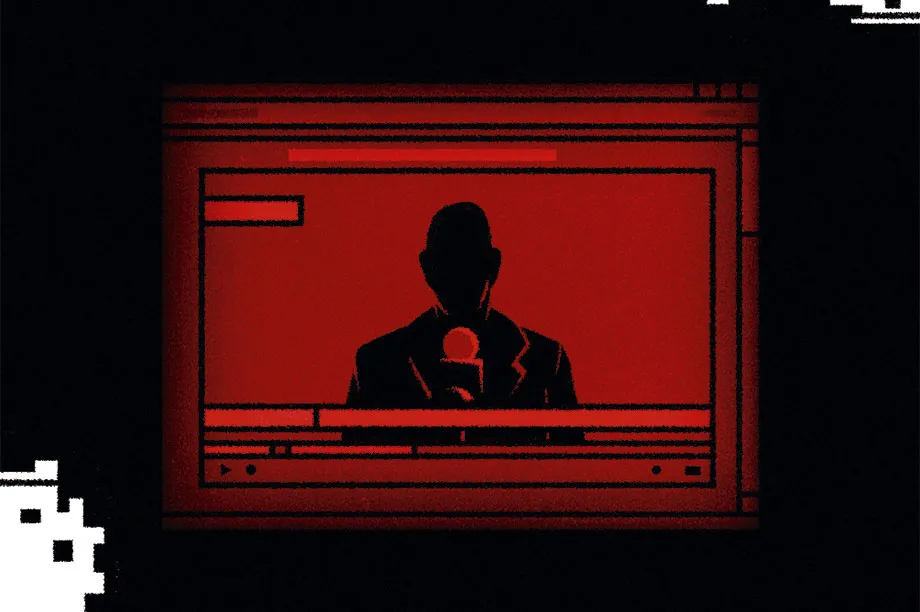
Nina Jankowicz studies the intersection of democracy and technology. She is the author of How To Lose The Information War: Russia, Fake News, And The Future Of Conflict.
She explains why disinformation is such a pervasive problem, and how we can have more productive conversations to combat fake news.
8
Free the internet from the mega corporations
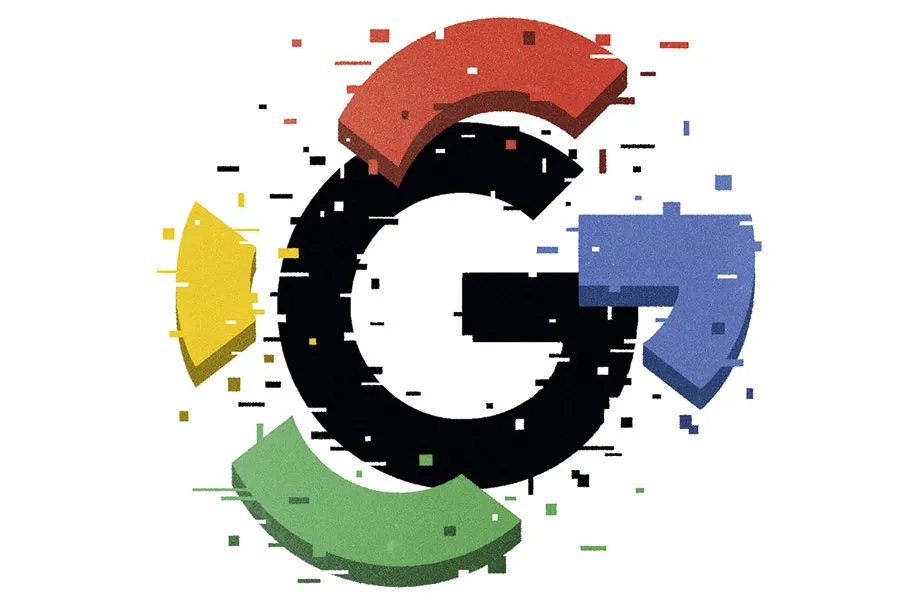
Dr Douglas Rushkoffstudies human autonomy in a digital age. He is a research fellow at the Institute for the Future, and founder of the Laboratory for Digital Humanism at Queen’s College, City University of New York.
He tells us how we could get back to the 'good old days' of the internet, where it was more like a public park than a tool for making money.
